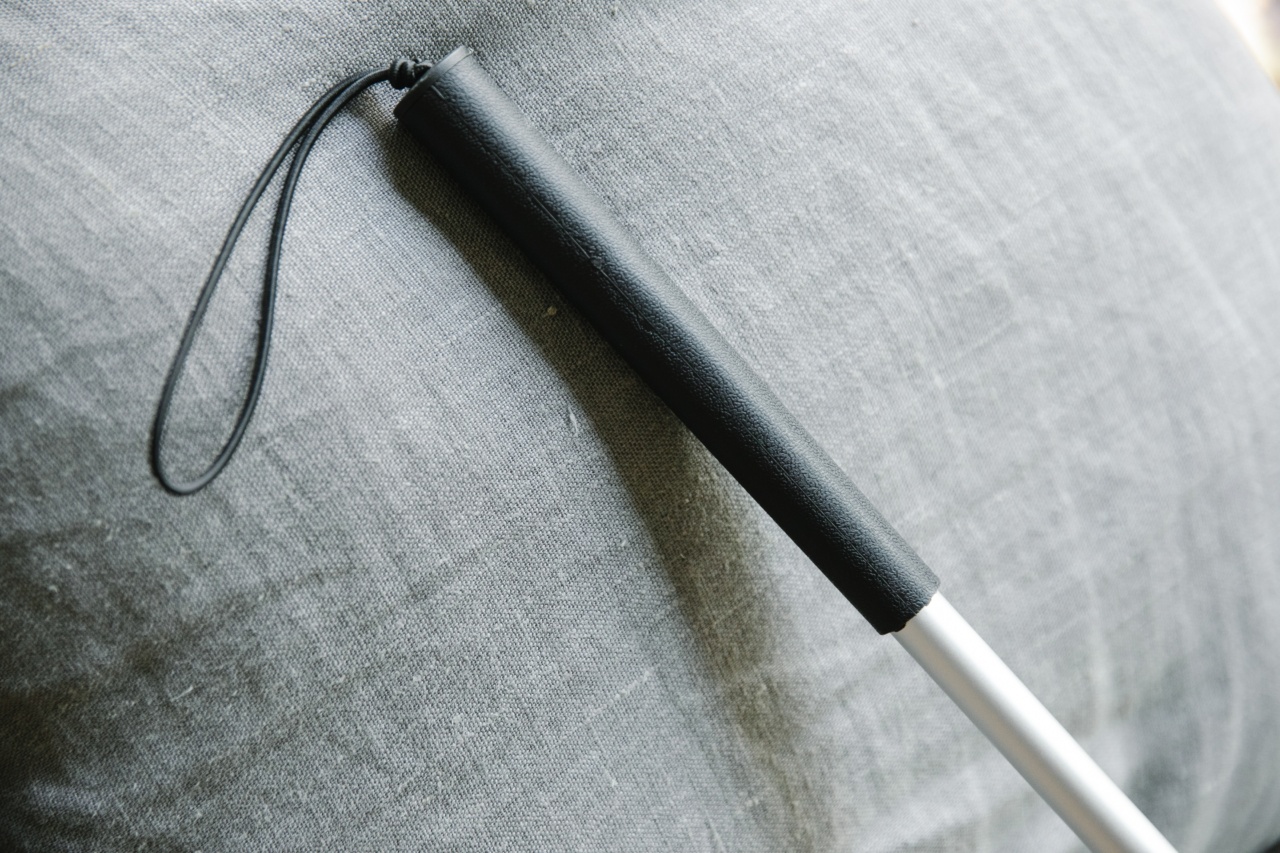Hypertension, also known as high blood pressure, is one of the most common chronic conditions affecting adults today.
It is characterized by the force of the blood pushing against the walls of the arteries, which can cause damage to the blood vessels and increase the risk of heart disease and stroke. Approximately 1 in 3 adults in the United States have hypertension, and it often goes undiagnosed because there are no symptoms.
However, there are several things you can do to prevent hypertension from developing and to manage it if you already have it.
Know Your Numbers
The first step in preventing hypertension is to know your blood pressure numbers. The American Heart Association recommends that all adults have their blood pressure checked at least once a year.
A blood pressure reading consists of two numbers: the systolic pressure (the top number) and the diastolic pressure (the bottom number). A normal blood pressure reading is less than 120/80 mmHg.
If your blood pressure is consistently above 120/80 mmHg, you may be at risk for hypertension. It is important to work with your healthcare provider to develop a plan to manage your blood pressure and prevent hypertension from developing.
Eat a Healthy Diet
Diet plays an important role in preventing hypertension.
A diet that is low in sodium, saturated fat, and processed foods and high in fruits, vegetables, whole grains, and lean proteins can help to lower blood pressure and reduce the risk of hypertension.
The DASH (Dietary Approaches to Stop Hypertension) diet is a recommended eating plan for individuals with hypertension. The DASH diet focuses on fruits, vegetables, whole grains, and low-fat dairy products and is low in saturated and total fat.
It also emphasizes the importance of reducing sodium intake.
Exercise Regularly
Physical activity is also important in preventing hypertension. Regular exercise can help to lower blood pressure and reduce the risk of hypertension.
The American Heart Association recommends that adults get at least 150 minutes of moderate-intensity exercise or 75 minutes of vigorous-intensity exercise per week.
Some examples of moderate-intensity exercise include brisk walking, cycling, and swimming, while examples of vigorous-intensity exercise include running, hiking, and playing sports like basketball or soccer.
Maintain a Healthy Weight
Maintaining a healthy weight is another key factor in preventing hypertension. Being overweight or obese can increase blood pressure and put additional strain on the heart and blood vessels.
If you are overweight or obese, losing weight can help to lower blood pressure and reduce the risk of hypertension. Even a modest weight loss of 5-10% of your body weight can have significant health benefits.
Reduce Stress
Stress can also contribute to the development of hypertension. During times of stress, the body releases hormones that can cause blood vessels to constrict and increase blood pressure.
To reduce stress, it is important to find healthy coping mechanisms. Some suggested stress-reduction techniques include yoga, meditation, deep breathing exercises, and spending time with family and friends.
Avoid Smoking and Limit Alcohol Consumption
Smoking and excessive alcohol consumption can also contribute to the development of hypertension. Smoking can cause blood vessels to constrict, while excessive drinking can raise blood pressure and damage the heart and blood vessels.
If you smoke, quitting can help to lower blood pressure and reduce the risk of hypertension. If you choose to drink alcohol, it is recommended that women have no more than one drink per day and men no more than two drinks per day.
Monitor Your Blood Pressure at Home
In addition to getting regular blood pressure checks from your healthcare provider, it is recommended that individuals with hypertension monitor their blood pressure at home.
This can help to identify any changes in blood pressure and allow for prompt intervention if necessary.
Home blood pressure monitors are widely available and easy to use. It is important to follow the manufacturer’s instructions and follow-up with your healthcare provider if you have any concerns about your blood pressure readings.
Take Medications as Directed
If you have been diagnosed with hypertension, your healthcare provider may prescribe medications to help lower your blood pressure. It is important to take these medications as directed, even if you feel fine.
Skipping doses or stopping medications can cause blood pressure to rise and increase the risk of complications like heart disease and stroke.
Conclusion
In summary, hypertension is a common condition that can have serious health consequences. However, there are several things you can do to prevent hypertension from developing and to manage it if you already have it.
By knowing your blood pressure numbers, eating a healthy diet, exercising regularly, maintaining a healthy weight, reducing stress, avoiding smoking and limiting alcohol consumption, monitoring your blood pressure at home, and taking medications as directed, you can reduce your risk of hypertension and improve your overall health and well-being.





























